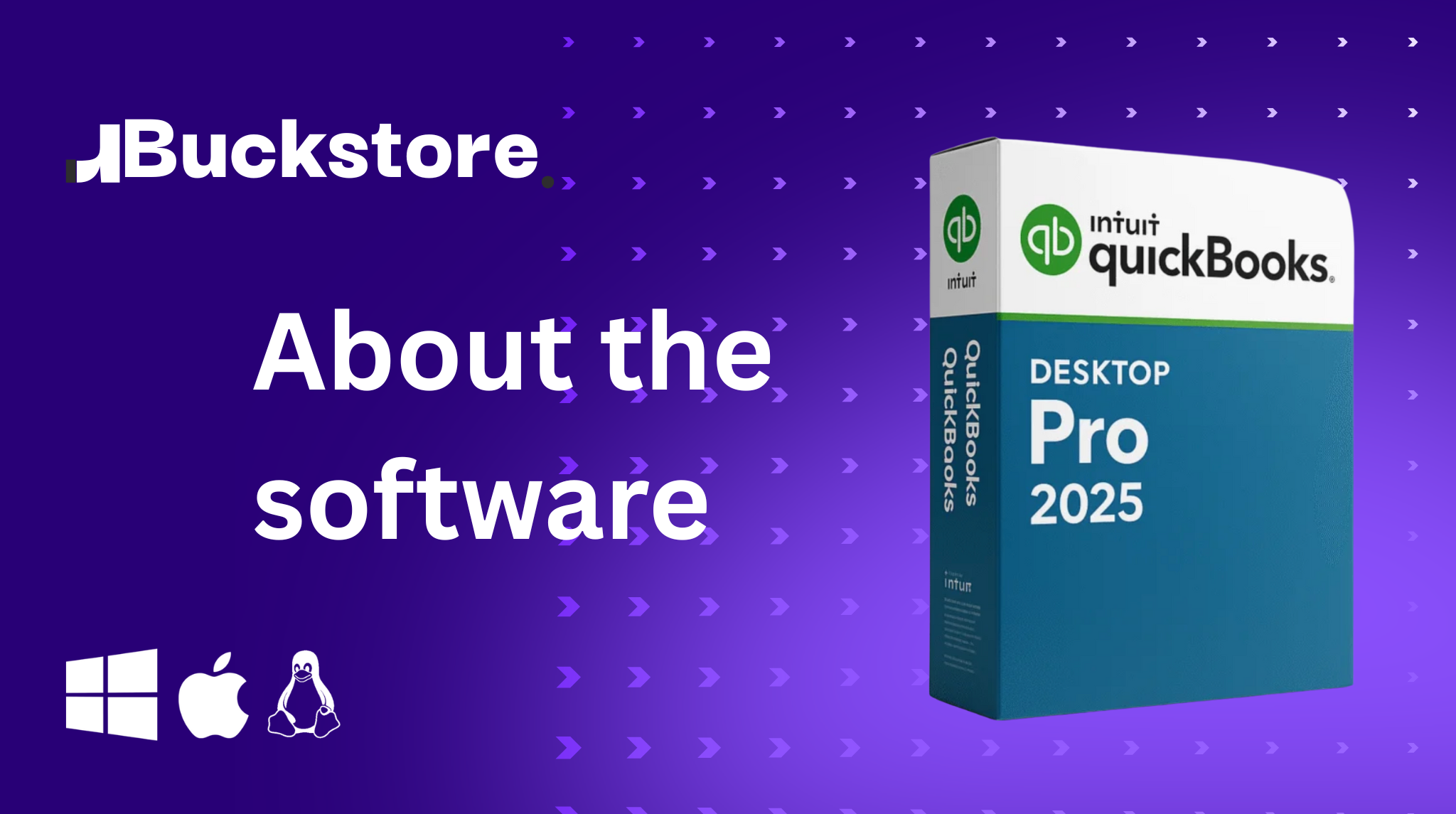10 Incredible Benefits of QuickBooks Recurring Billing: Boost Efficiency & Streamline Your Business

Discover seamless financial management with QuickBooks recurring billing.
In today’s fast-paced business world, managing recurring billing is essential for predictable cash flow and smooth operations. Utilizing QuickBooks official store solutions can significantly improve your billing processes while ensuring accuracy and efficiency. This article delves into the benefits, features, use cases, how-to guides, FAQs, and best practices for implementing QuickBooks recurring billing in your business.
Benefits of QuickBooks Recurring Billing
QuickBooks recurring billing is designed to save time and reduce human errors while allowing you to focus on growth. Automating your billing processes leads to improved cash flow management and customer satisfaction. Furthermore, businesses can streamline their accounting procedures, enhancing transparency and consistency across financial records.
With automation, you’ll experience a reduction in manual data entry, allowing your team to concentrate on core activities that drive revenue. Additionally, recurring billing helps maintain healthy customer relationships by ensuring invoices are consistent and predictable.
Key Features of QuickBooks Recurring Billing
QuickBooks recurring billing comes with a variety of powerful features that make it ideal for businesses of all sizes. Below are some key functionalities:
- Automated Invoice Generation: Set up schedules that automatically generate and send invoices.
- Customizable Billing Cycles: Choose preferred billing intervals, whether monthly, quarterly, or yearly.
- Error Reduction: Minimize human errors by automating repetitive billing tasks.
- Payment Tracking: Efficiently track incoming payments and outstanding balances.
- Integration: Seamlessly integrate with other accounting tools for a fuller financial picture.
These features support businesses in maintaining detailed financial records, ensuring compliance with accounting standards, and ultimately fostering a more organized billing system.
Use Cases for QuickBooks Recurring Billing
QuickBooks recurring billing provides a solution for a wide range of industries. It’s especially useful for subscription-based business models, professional services, and any company that relies on periodic invoicing.
In companies that provide software subscriptions or membership services, automating recurring charges means better predictability in revenue. For professional services, such as legal or consulting practices, this feature ensures that clients receive prompt and consistent billing.
How to Set Up QuickBooks Recurring Billing
Initiating recurring billing in QuickBooks requires a few essential steps. To help you get started, we’ve outlined the basic process below.
Step-by-Step Setup Process
First, log in to your QuickBooks account and navigate to the billing section. Choose the option to set up a new recurring invoice. Enter the customer details, select the billing frequency, and customize your invoice template to fit your business needs. The system will then automatically generate future invoices based on the schedule you set.
Integration and Customization
For a tailored experience, integrate QuickBooks with other tools like CRM software or payment gateways. This integration not only enhances the automation process but also allows you to customize invoice parameters such as tax rates, discount options, and due dates, ensuring that every invoice meets your business requirements.
The setup process is designed to be intuitive, providing helpful prompts and guidance at each step. In addition, QuickBooks offers robust support and online tutorials to assist you in troubleshooting any issues that may arise.
Frequently Asked Questions about QuickBooks Recurring Billing
Many businesses have queries when implementing new billing procedures. Here are some of the most common concerns addressed:
-
Is recurring billing secure?
Yes, QuickBooks uses industry-standard security protocols to ensure all financial data is encrypted and secure. -
Can I customize my billing cycles?
Absolutely. QuickBooks allows you to set custom billing cycles that match your business needs, be it weekly, monthly, or annually. -
What happens if a customer’s payment fails?
The system is designed to flag overdue accounts, and you can set up follow-up rules to notify customers or temporarily suspend services until the payment issue is resolved.
These FAQs illustrate that QuickBooks recurring billing is not only flexible but also robust in addressing typical billing challenges.
Best Practices for Maximizing QuickBooks Recurring Billing
To fully leverage the advantages of QuickBooks recurring billing, businesses should adopt a few best practices. Regularly audit your billing schedules to ensure they align with current customer agreements and industry standards. Additionally, always update customer records to prevent any errors during the automated billing process.
Consider setting up notifications for both customers and accounting teams. This communication enhances transparency and ensures that any discrepancies are promptly addressed. Proper categorization of recurring invoices in your reporting system can also save time during audits and financial reviews.
Lastly, ensure that all team members are adequately trained on using the QuickBooks platform. Regular training sessions and updates on the latest tools and features can help maintain the efficiency and accuracy of your billing operations.
Conclusion
QuickBooks recurring billing is a powerful tool that can streamline your invoicing processes, reduce errors, and improve overall financial management. With its automated features and customizable options, both SMBs and larger enterprises can enjoy a more organized and efficient billing system. Investing in this technology not only boosts operational efficiency but also enhances customer satisfaction by ensuring consistent and timely billing.
Whether you are new to recurring billing or looking to optimize your current setup, leveraging QuickBooks can provide the support and functionality required to maintain a competitive edge. Embrace the future of automated billing and start experiencing the benefits of efficient cash flow management today.









